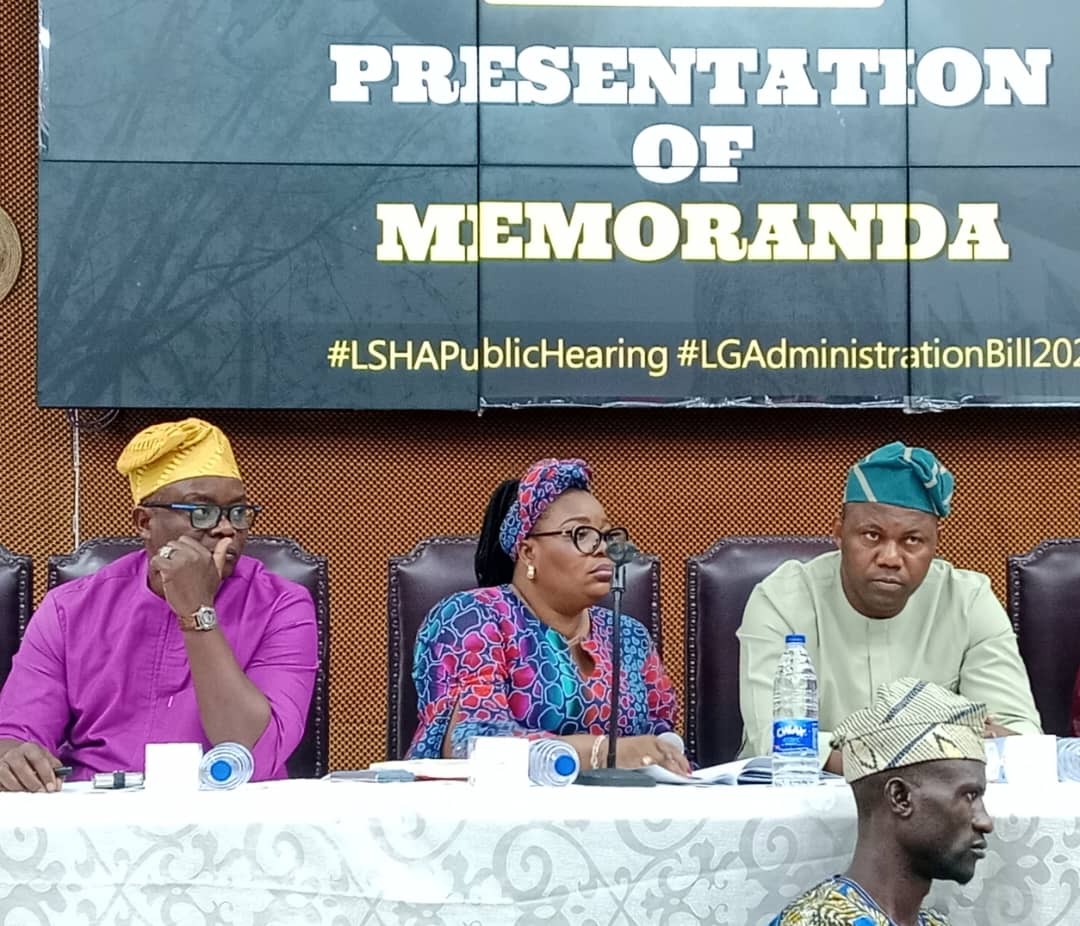By Bilesanmi Abayomi
In a landmark move aligning with a recent Supreme Court judgment, the Lagos State House of Assembly and the Lagos State Government are poised to grant greater autonomy to the 20 constitutionally recognized Local Governments (LGs) across the state. This proposed legislative shift dismantles the former Joint Account system, marking the end of state interference in Local Government funds and empowering the LGs to manage their statutory duties independently.
The implications of the ongoing legislative reform have rippled through Lagos’ political circles, unsettling re-election prospects for several incumbent LG chairmen, including Kosofe Local Government Chairman Hon. Moyosore Ogunlewe. Under the new bill, if passed, LG chairmen would gain the authority to appoint mayors in the Local Council Development Areas (LCDAs), a power move that redefines the election map: the Lagos State Independent Electoral Commission (LASIEC) would conduct elections solely within the 20 Local Government Areas, further solidifying the autonomy framework.
As Lagos State moves closer to adopting this reform, political dynamics within the LGs and LCDAs are undergoing significant changes. Aspirants previously campaigning for seats in Agboyi-Ketu and Ikosi-Isheri LCDAs are now recalibrating their strategies, redirecting efforts toward contesting in Kosofe Local Government. This political reshuffle became evident after the recent public hearing by the Lagos State House of Assembly, where stakeholders gathered to discuss the proposed amendments.
The stakes are particularly high for Chairman Ogunlewe, whose political journey has faced challenges since his selection as the party’s candidate during the inclusive primary election process. Despite his rival Lanre Carew’s initial lead, party leaders outside Kosofe later endorsed Ogunlewe. However, with the upcoming reforms and the surge of heavyweight candidates from Kosofe Constituency 2 (encompassing Ikosi-Isheri and Agboyi-Ketu LCDAs), Ogunlewe’s second-term bid faces unprecedented opposition. His re-election now hinges on securing party supremacy to withstand this wave of new contenders and avoid a potential upset in what promises to be a more transparent, competitive election process.
For over two decades, LCDAs in Lagos have operated without a chairman ascending to the Kosofe LG seat, despite the significant voter strength in densely populated Kosofe Constituency 2, which boasts six wards compared to Kosofe Constituency 1’s four wards. This disparity, further highlighted by the recent Presidential election outcomes, where Constituency 2 delivered wins in three of its seven wards, has bolstered calls for fair representation in Kosofe’s leadership.
As Lagos approaches a critical legislative turning point, the anticipated bill is not only reshaping local political campaigns but also challenging the status quo, opening the door to greater self-governance and accountability within the Local Government framework. The shift signals a transformative phase for local governance in Lagos State, with a ripple effect likely to be felt in political strongholds across the state.

